Ingelheim: The Spätburgunder Hotspot You’ve Never Heard of
Ingelheim Rheinhessen is a hotspot for German Pinot Noir (Spätburgunder).
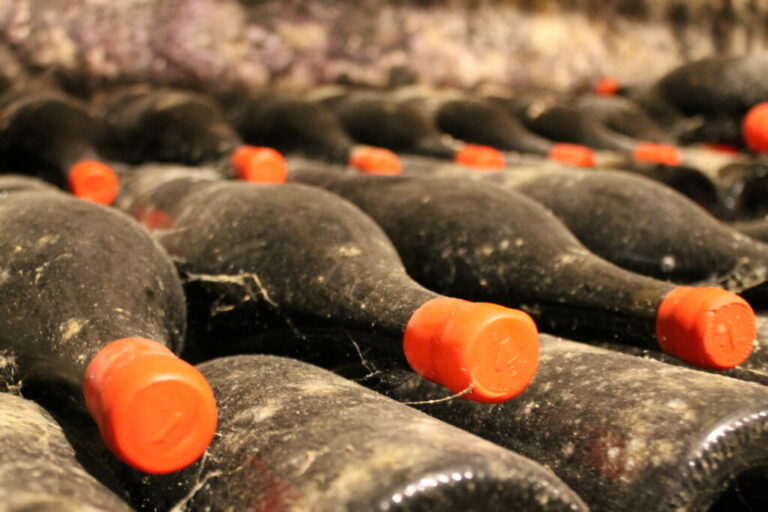
Ingelheim Rheinhessen is a hotspot for German Pinot Noir (Spätburgunder).
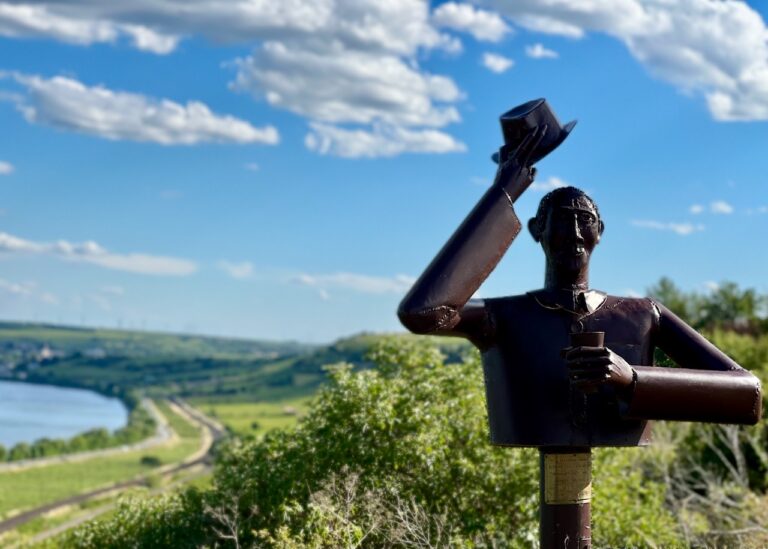
A jack of all trades is inherently a master of none. While finding the right focus can help, that is often easier said than done. Sometimes a more drastic solution is needed. Intervention, anyone? Rheinhessen! I’m so glad you could make it today. Won’t you join us? Feel free to grab something to eat before you sit. There’s coffee, tea, and water. And a big box of tissues, in case we need those later. Wine? No, at least not like that. But I’m glad you raise the issue, because wine is actually what’s brought us together here. I know this won’t be…...
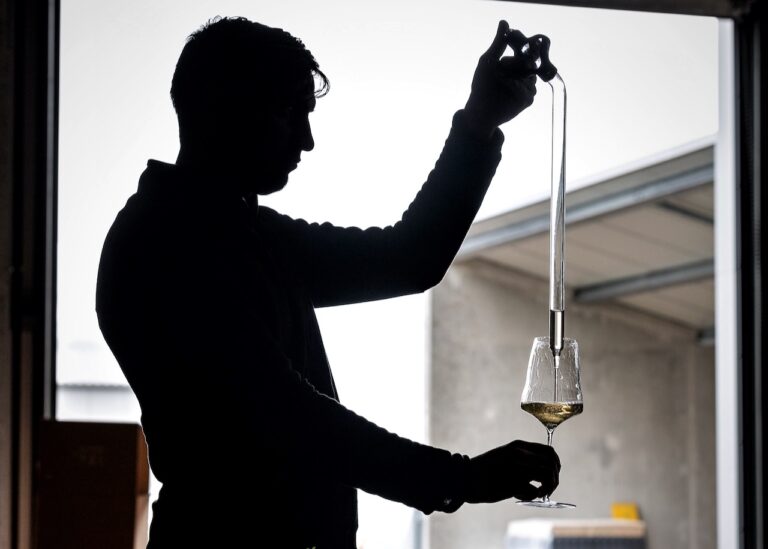
German Chardonnay may be the most thrilling wine for our moment.
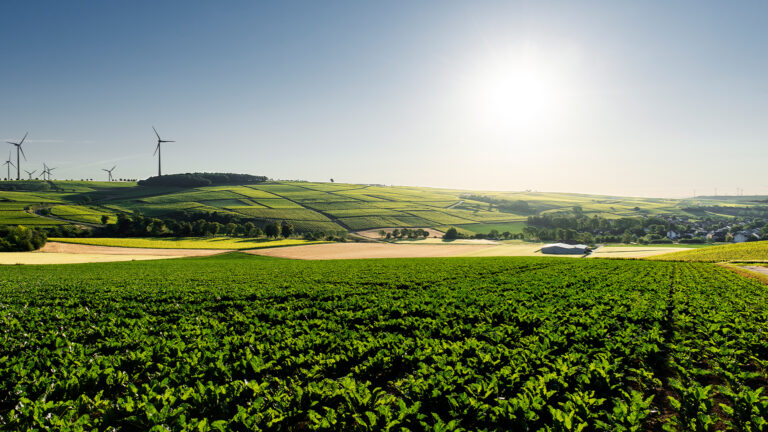
A handful of Weinheim visionaries are reshaping the future of German wine in the country's largest winegrowing region with lessons from the past.
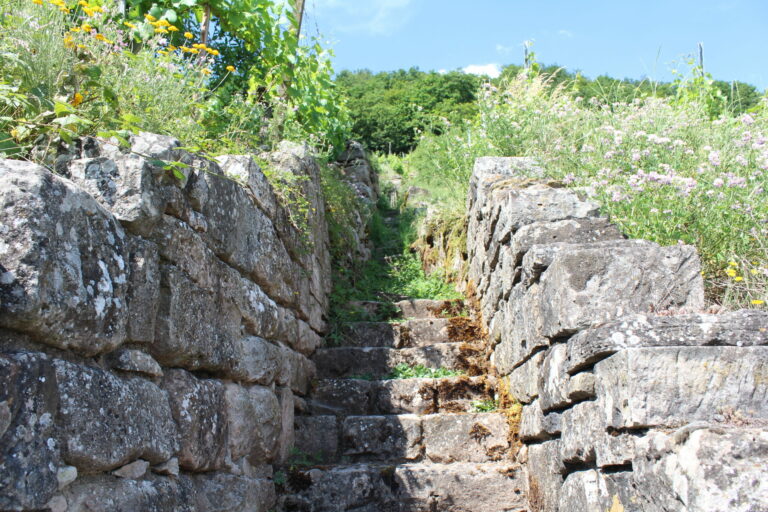
This is a story for the wine romantics among us who dream of bygone varieties, who hunker down to listen to the old stone terraces telling stories of yesteryear, of those with a weak spot for growers and wines committed to character. It is in this world of nostalgia and nerds that this story is set. Enter Ulrich “Uli” Martin, a viticulturist from Gundheim in Rheinhessen. “Such a reliable companion!” he says. “Honest, direct, and amiable. You sense it immediately.” This high praise, however, is not aimed at his best friend, at least not in the traditional sense. Rather, at a grape…...
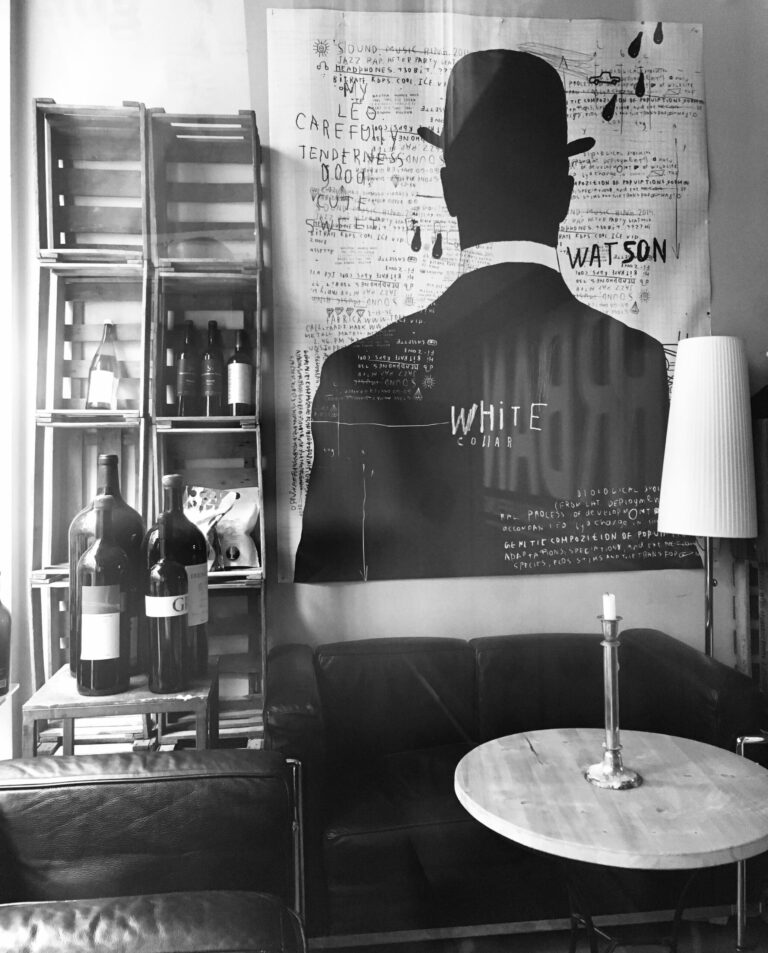
The intimate wine bar from Holger Schwedler, the size of a Texas walk-in closet, sat off a quiet pedestrian alley not far from the famous curative hot spring of Wiesbaden, the Kochbrunnen. Too small for a kitchen, the wine bar encouraged patrons to bring their own vittles, which, like the guests, included a variety...
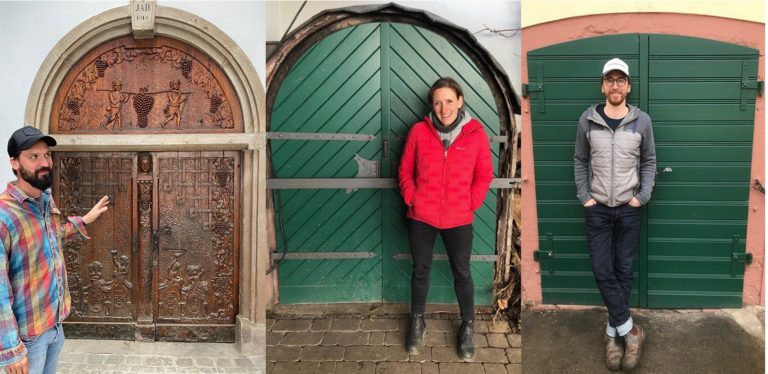
For over a year, we’ve been living with a pandemic that has shut down more than just our senses of taste and smell. It has forced us to rely on at-home experiences like a glass of wine to satisfy our longing for travel. But what do the places of our terroir dreams taste like? What exactly constitutes the origins of a wine? To use a loaded German word, how much Heimat (loosely, homeland) is in terroir? Flash back to harvest 2012. Max von Kunow of Weingut von Hövel in Germany’s Saar visits the Jurtschitsch family in Austria’s Kamptal for a vacation before his own harvest. Together…...
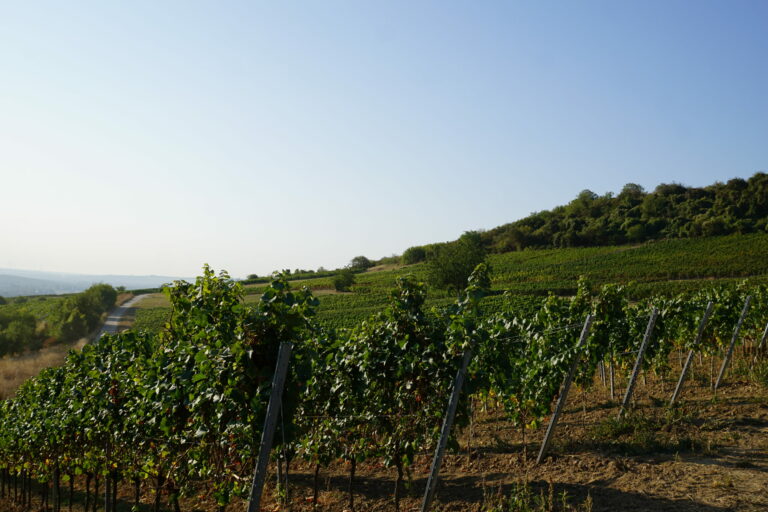
If there is an underdog in Germany’s largest winegrowing region, Rheinhessen, it is Scheurebe. Vinified sweet for many years, Scheurebe — pronounced SHOY-ray-beh — largely fell out of fashion. But things changed, and with the dry wine revolution in Germany over the last 20 years, Scheu is back, with — to quote Patti LaBelle — brand new ideas and a new attitude. “Scheu,” as aficionados like to call it, was bred by German viticulturist Justus Georg Scheu in 1916. Unhappy with the many highly acidic and sour Rieslings he encountered, Scheu (the man, not the grape) wanted to create a…...
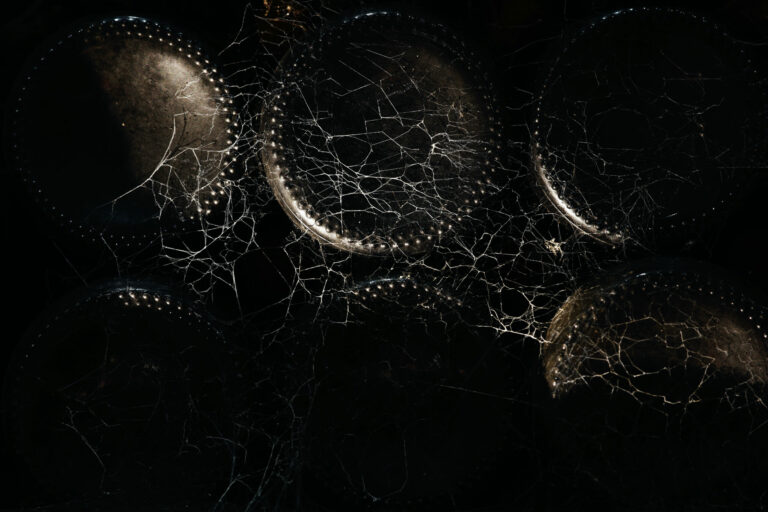
While artists throughout the ages have longed to catch time in a bottle, it is winemakers who have indeed come closest to achieving this noblest of goals. A fine wine captures not just a single moment, but the span of a vintage, a lifetime, of eons of geology. A liquid suspension of sugar, acids, ethanol, tannins, phenolics, and chemical compounds can become a remarkable crucible of climate, soil, and vision. Yet unlike many other artistic disciplines, there is no fixed point at which the winemaker can lay down his pen or her brush and declare the bottle finished. There are certainly…...
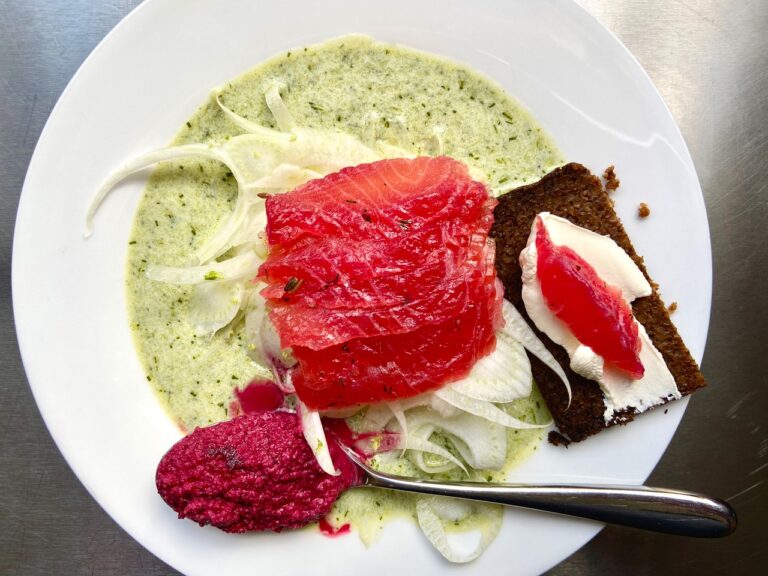
Curing fish is a bit like baking cakes: unless one follows a particular recipe to the letter, the final result inevitably contains an element or three of surprise. Once in the oven, once in the brine, the window for intervention has passed – leaving time and temperature as the only remaining levers. I clearly lack the discipline to work with exact measurements (thus explaining my ban from baking birthday cakes), but I do enjoy the imprecise, historical art of preserving food with salt. Think: classic Sauerkraut, southern German Surfleisch, or – well – salmon. This particular side of freshly caught salmon…...
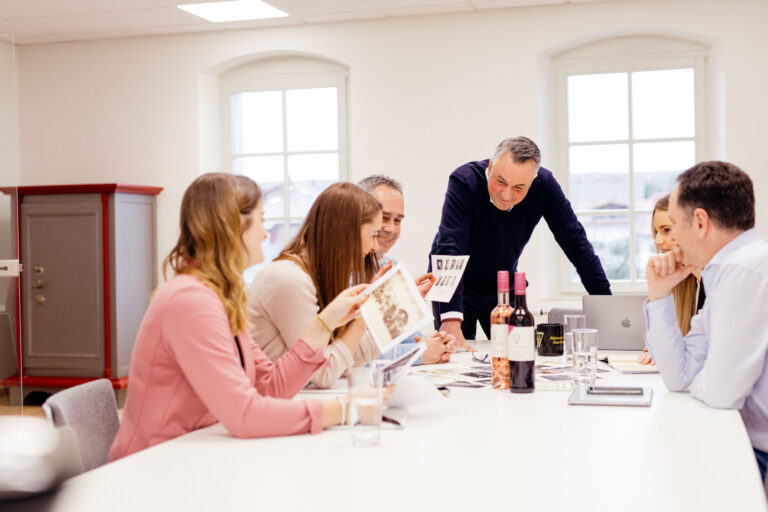
“Free your mind and the rest will follow.” Coming from one of the co-owners of Germany’s oldest wine trading houses, one might suspect a quote from Goethe, Schiller, or Nietzsche. It’s actually the American R&B/pop group, En Vogue. And that makes for a jarring, if fitting, introduction to my conversation with these stewards of tradition in German wine that look back to 1786 in Worms as easily as they look ahead to 2019 Organic Madonna. P.J. Valckenberg has the history and the pedigree, no question. Its customers have included the Swedish royal family and Charles Dickens. In addition to a truly impressive portfolio…...
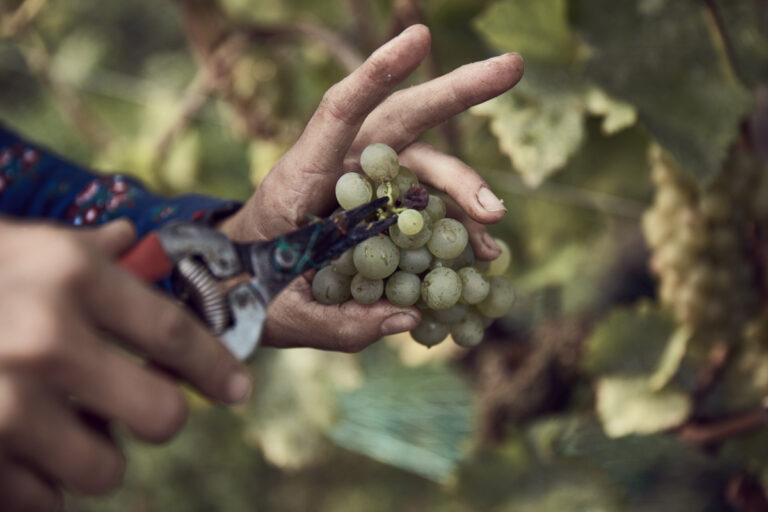
Silvaner. It’s complicated. Ask about its nature or character, and like as not you’ll get one answer: asparagus. With delicate vegetal aromas and moderate acidity, Silvaner is indeed a near perfect pairing for the fabled stalk that emerges from the earth to fill German grocery stores and market stalls annually between April and June. Yet, stop for a minute and imagine: what if there were more? Silvaner is viewed as a national counterpoint to Burgundian Chardonnay or Saumur Chenin Blanc. For many years Silvaner was Germany’s most important grape variety, less inclined toward fruity fun and more toward structure, texture, spice, and earth. De facto it…...